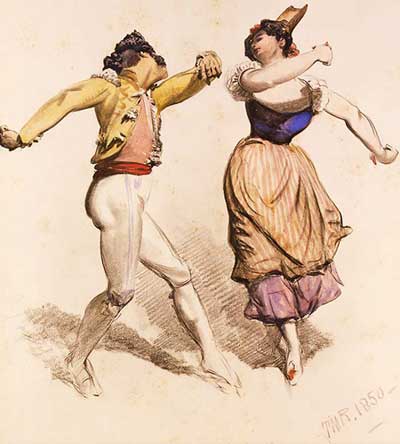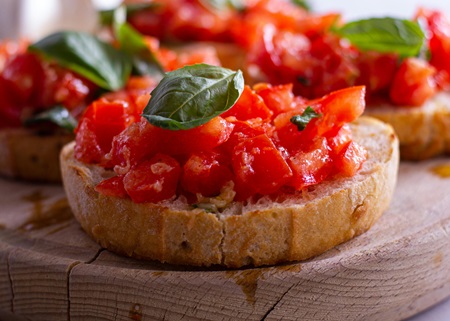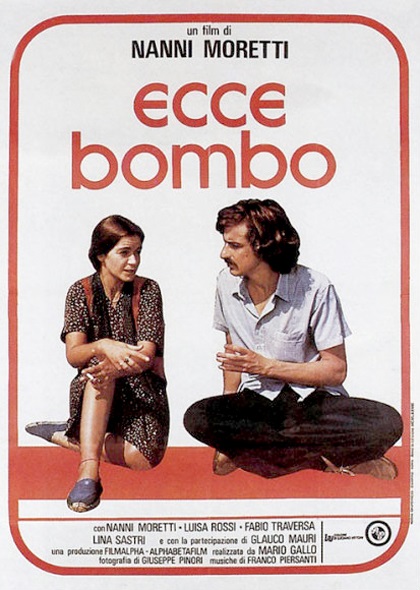
La tradizione e la storia musicale italiana sono vastissime e spaziano dalla musica popolare alla musica classica e all’opera.
Gioacchino Rossini è uno dei tanti compositori geniali che hanno contribuito al successo della musica italiana nel mondo.
Conosci Rossini?
Conosci la musica italiana?
Italy’s musical tradition and history are vast, ranging from popular music to classical music and opera.
Gioacchino Rossini is one of many brilliant composers who have contributed to the success of Italian music around the world.
Do you know Rossini?
Do you know Italian music?
To practice Italian this week we invite you to listen, sing and research…
PRACTICE HERE: Italian/English Version
Para practicar el idioma italiano esta semana te invitamos a escuchar, cantar e investigar…
PRACTICA AQUÍ: Versión Italiano/Española
(Image source Wikipedia)









